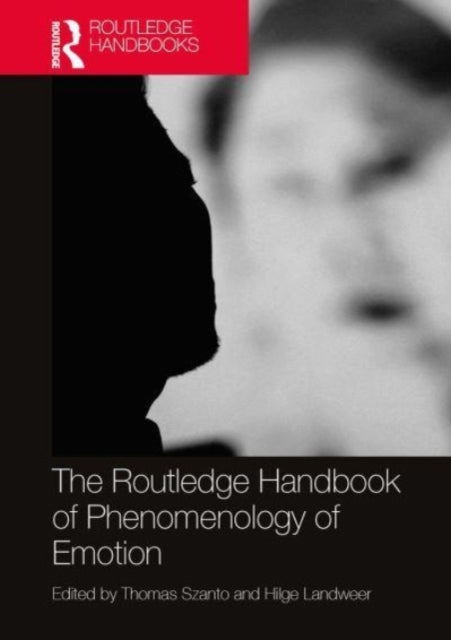
The Routledge Handbook of Phenomenology of Emotion
589,-
<p>The emotions occupy a fundamental place in philosophy, going back to Aristotle. However, the phenomenology of the emotions has until recently remained a relatively neglected topic. <em>The Routledge Handbook of Phenomenology of Emotion</em> is an outstanding guide and reference source to this important and fascinating topic. Comprising forty-nine chapters by a team of international contributors the Handbook covers the following topics:</p><ul><li>historical perspectives, including Brentano, Husserl, Sartre, Levinas and Arendt;</li><li>contemporary debates, including existential feelings, emotion, affectivity, art and morality;</li><li>self-directed and individual emotions, including happiness, grief, self-esteem and shame;</li><li>social emotions, including sympathy, collective emotions, political emotions and aggressive emotions;</li><li>borderline cases of emotion, including solidarity, trust, pain, and forgiveness and revenge.</li></ul><p>Essential reading for students and rese








